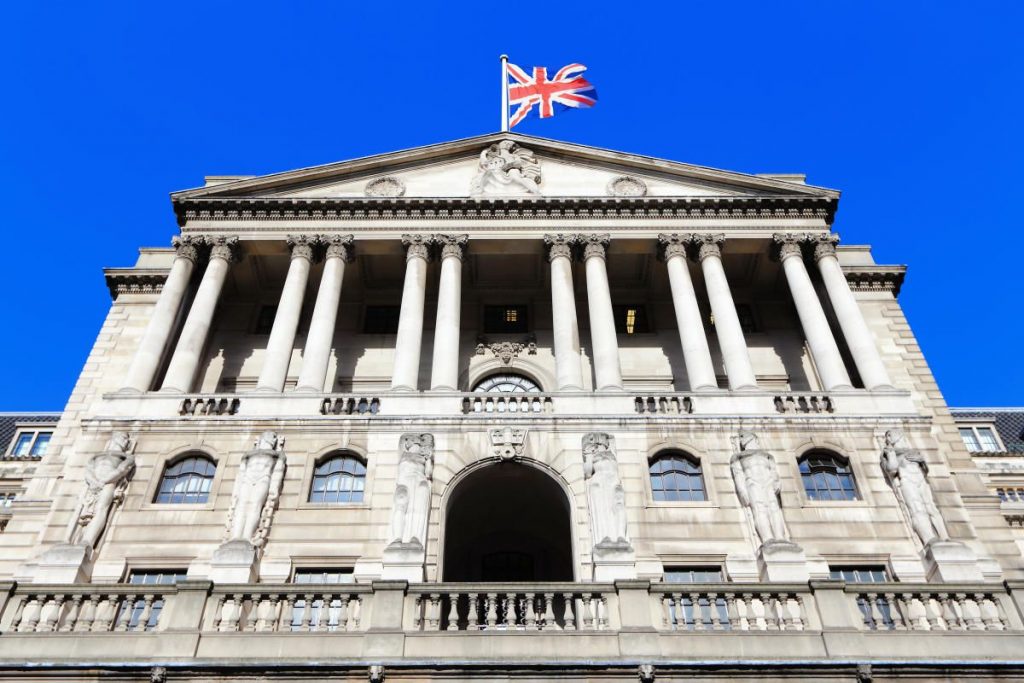The Bank of England has issued a severe warning, suggesting that Bitcoin might become “worthless” and that cryptocurrency holders could lose their life’s savings.
The central bank has questioned whether the high-profile cryptocurrency has any inherent worth, even though it is presently valued at £43,100 a unit. Bitcoin hit a high of over $67,000 (£50,700) in early November before plunging once the Omicron Covid variant was revealed.
Sir Jon Cunliffe, the deputy governor of the Bank of England, said the bank needed to be prepared for dangers linked with the cryptocurrency’s rapid development.
“Their price can vary quite considerably, and they [bitcoins] could theoretically or practically drop to zero,” he said.
Since early 2020, the value of crypto assets, like Ethereum and Binance, has significantly increased to over £2 trillion, equivalent to about 1% of global financial assets. Cryptocurrencies account for around 0.1 percent of UK household wealth, with up to 2.3 million people holding crypto assets worth an average of £300 apiece.
The Bank’s financial policy committee, which was established to evaluate risks following the 2008 financial crisis, warned on Monday that these assets could become more integrated with traditional financial services, given the present rapid expansion of cryptocurrencies, posing several risks. Cryptocurrencies, however, posed a negligible direct threat to the stability of the UK financial system, according to the report.
It advised significant institutions to be cautious about using crypto assets in its health check of the country’s financial system, adding that it would keep a close eye on future developments.
“Enhanced regulatory and law enforcement frameworks, both domestically and at a global level, are needed to influence developments in these fast-growing markets to manage risks, encourage sustainable innovation, and maintain broader trust and integrity in the financial system,” it said.
“The problem is that, unlike traditional forms of money, Bitcoin isn’t used to price things other than itself. As Bitcoiners themselves are fond of saying, ‘one Bitcoin = one Bitcoin.’ But a tautology does not mean a currency make,” according to Thomas Belsham, a member of the Bank’s stakeholder and media engagement section.
He went on to say that the scarcity of Bitcoin – which is restricted to 21 million coins – is one of the main reasons for its appeal to investors, but that a feature built into its design “may even, in the end, render Bitcoin worthless.”
As of now, there are about 19 million Bitcoins in circulation, with the number growing as new coins are created by “miners,” validating changes to the blockchain ledger that governs the currency.
While the ultimate quantity of Bitcoins in circulation is not predicted until February 2140, Belsham believes that maintaining the system will grow increasingly complex over time.
“Simple game theory tells us that a process of backward induction should, really, at some point, induce the smart money to get out. And were that to happen, investors really should be prepared to lose everything. Eventually.”

